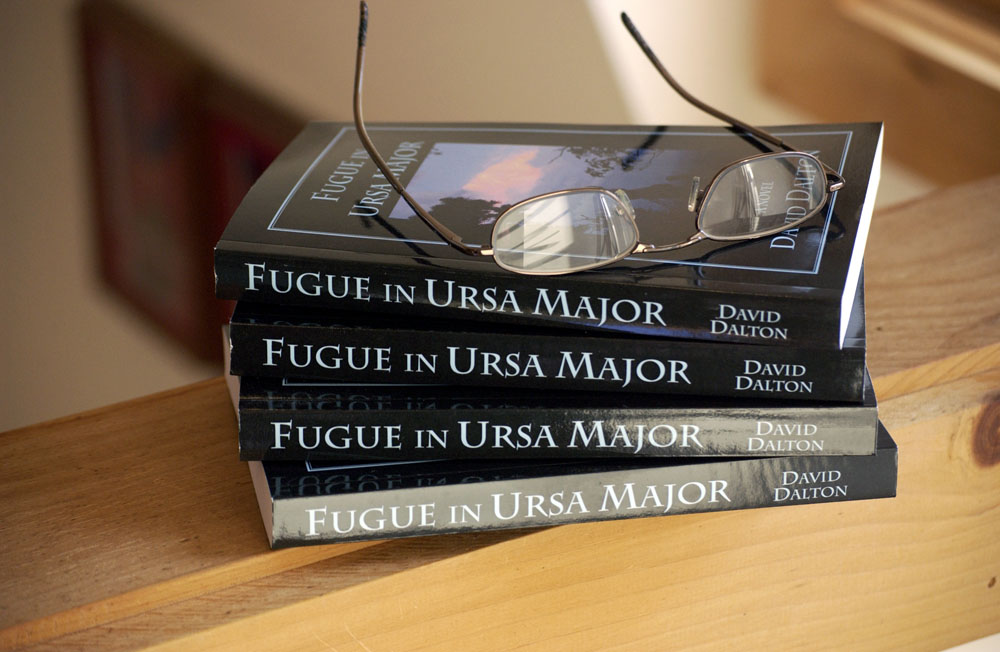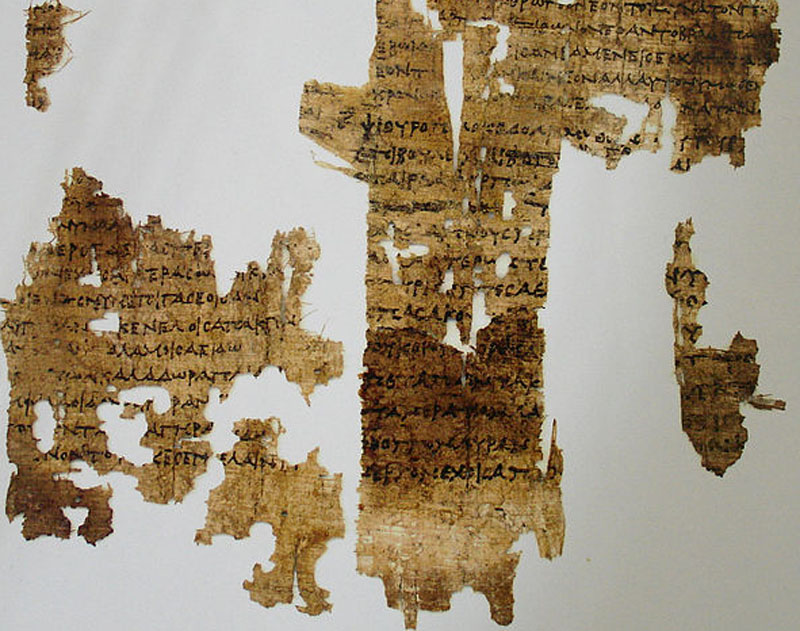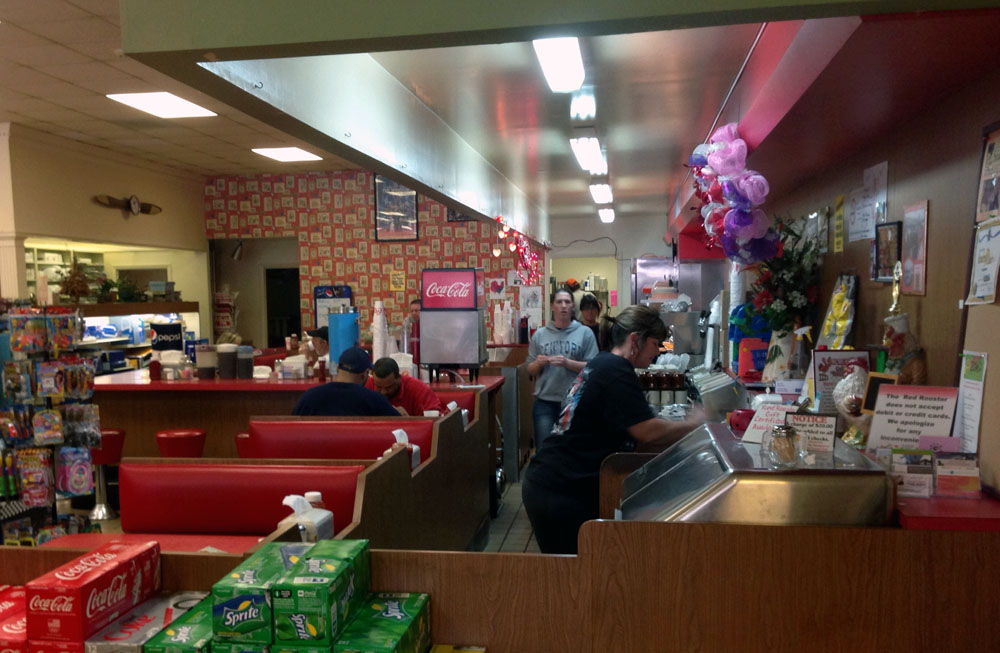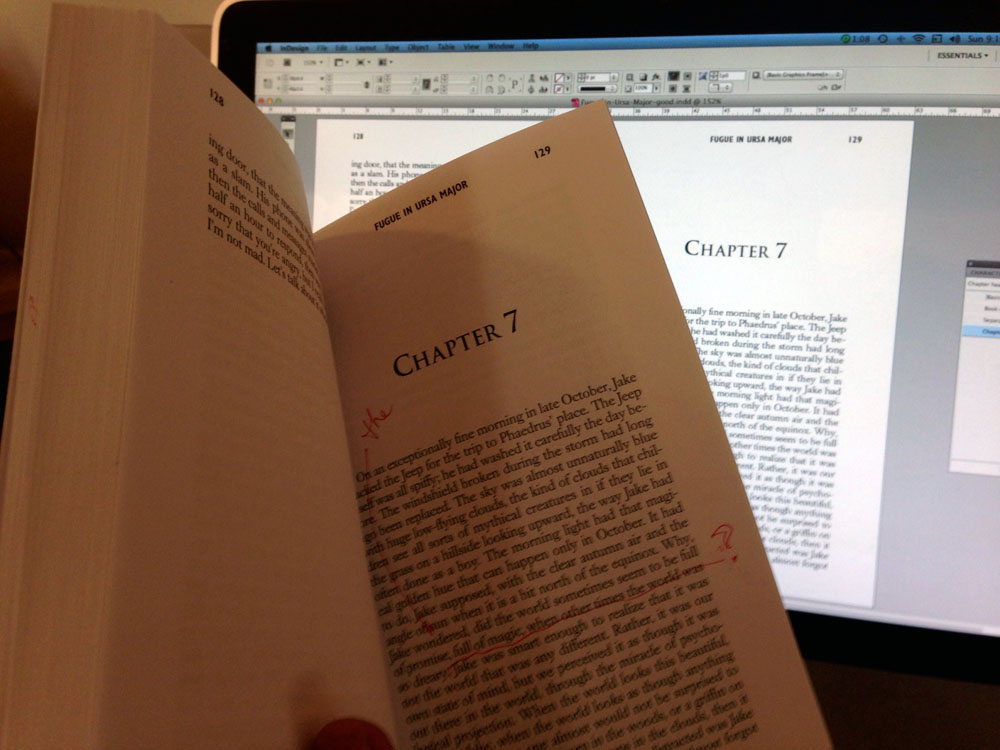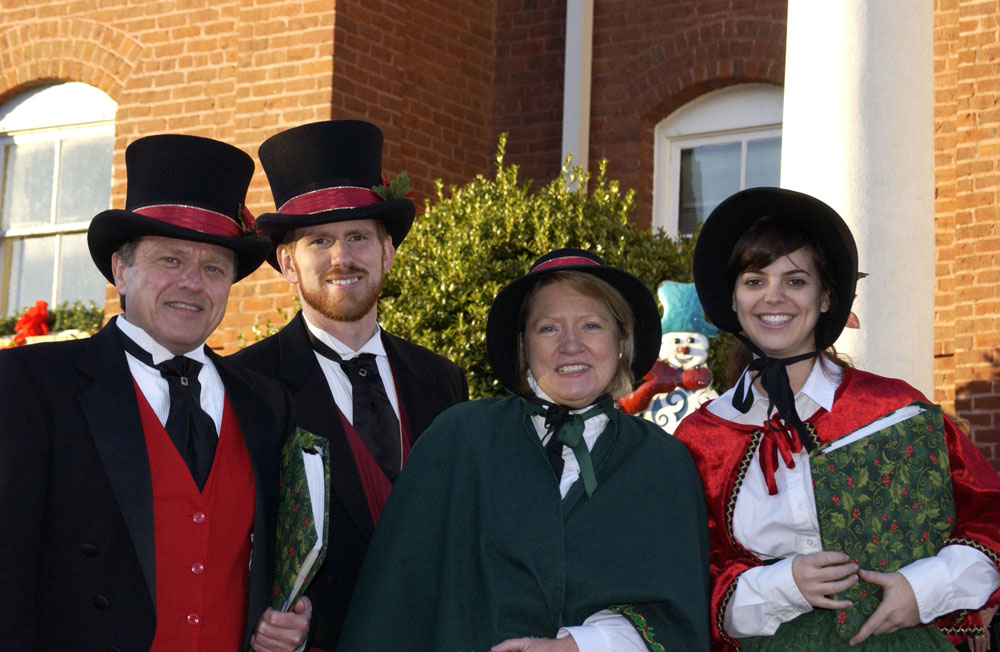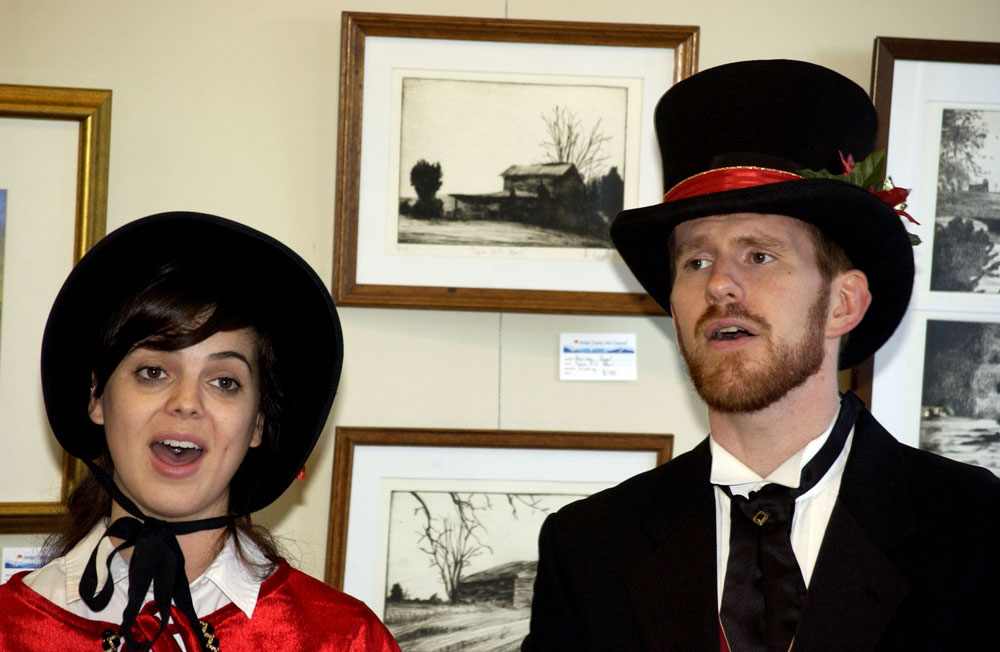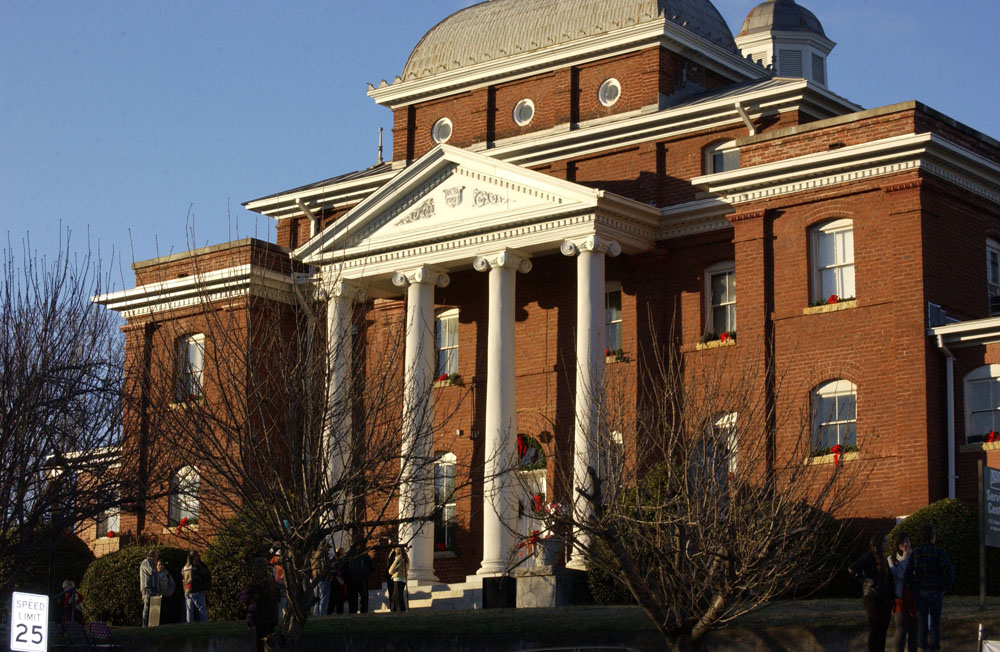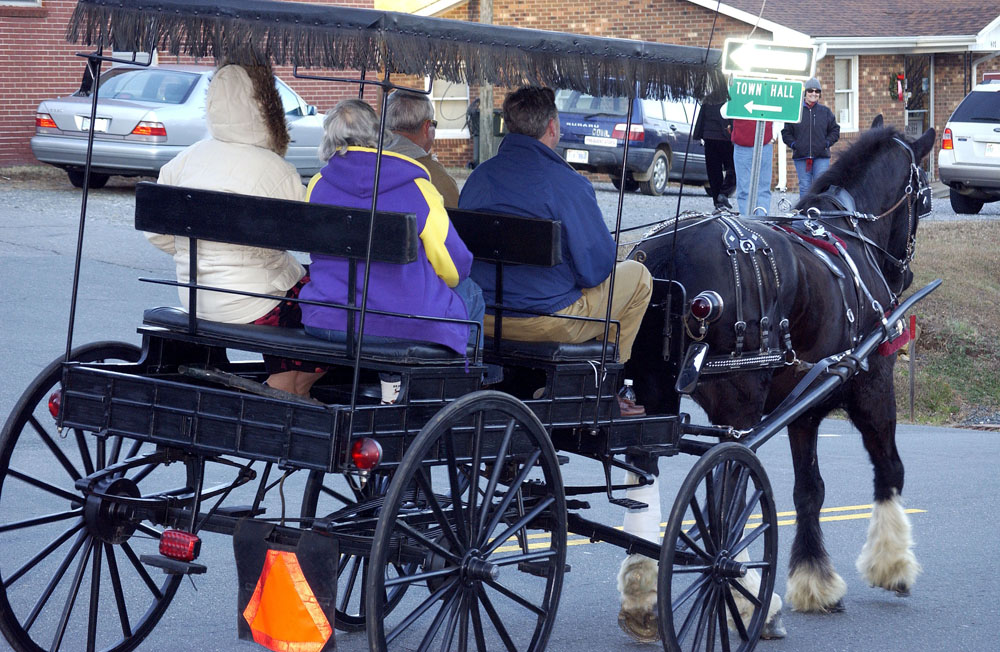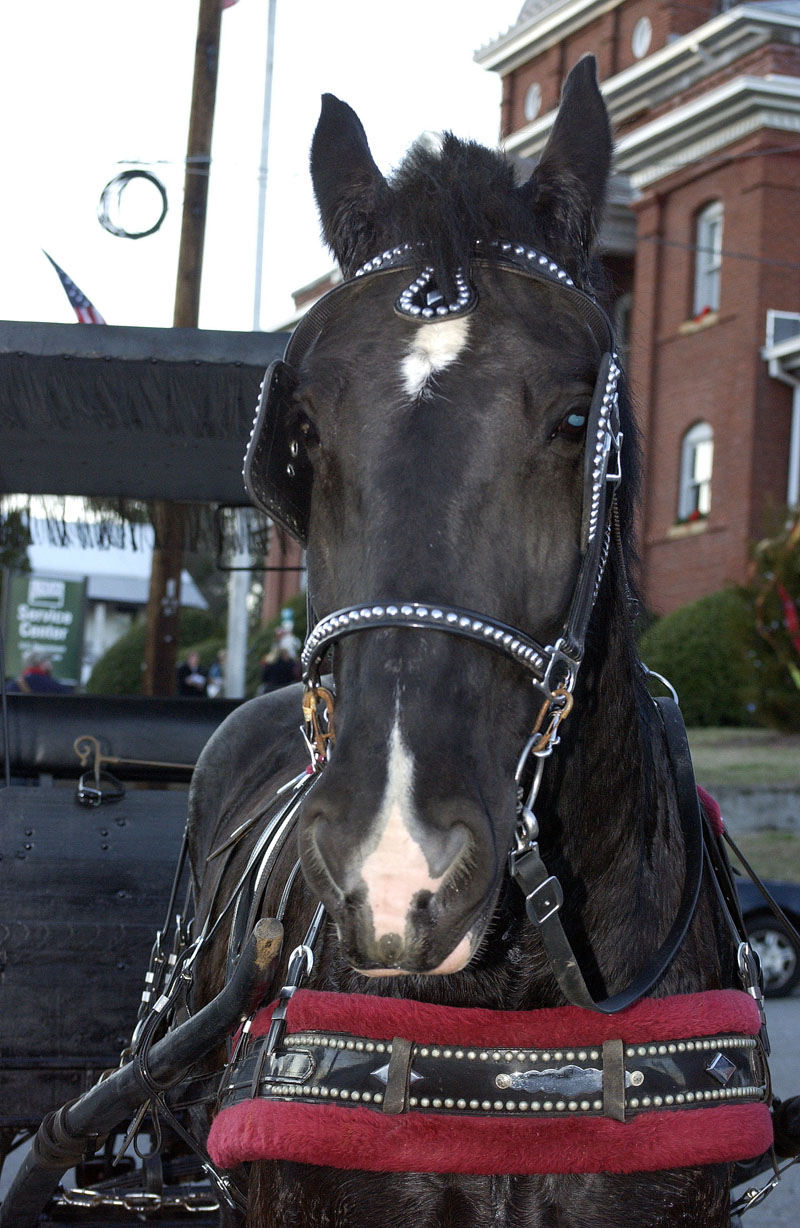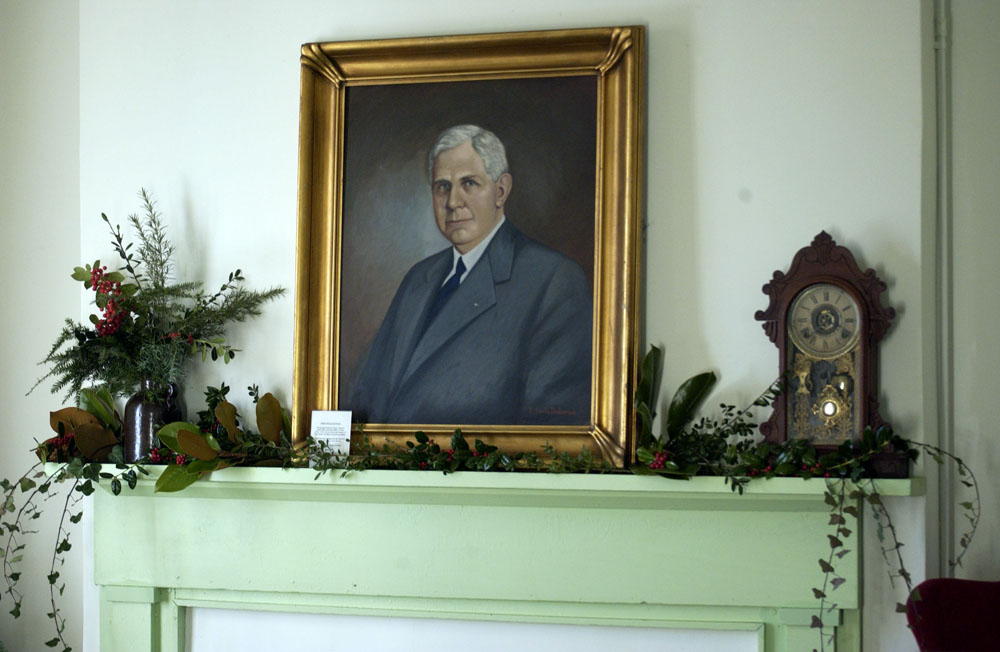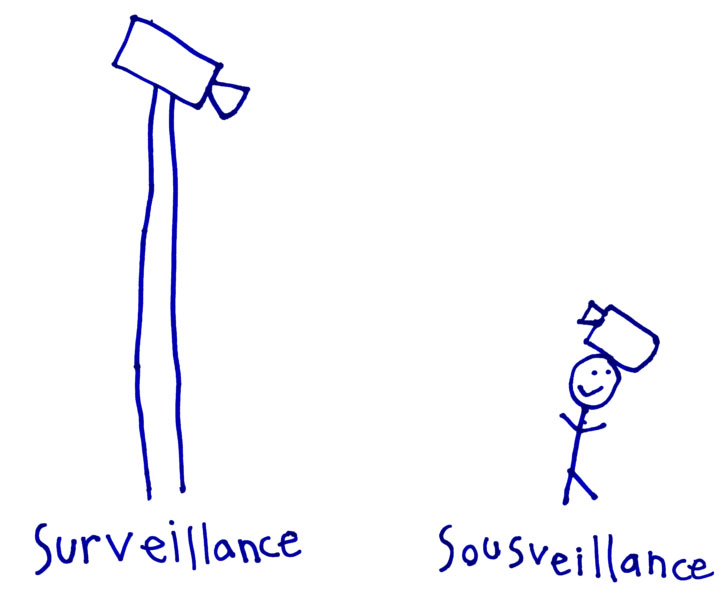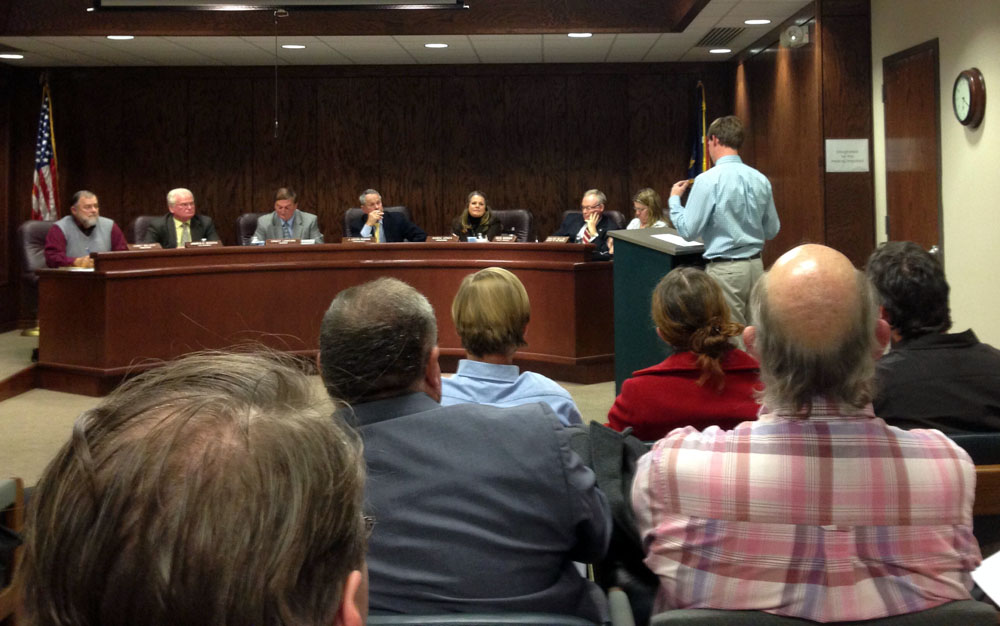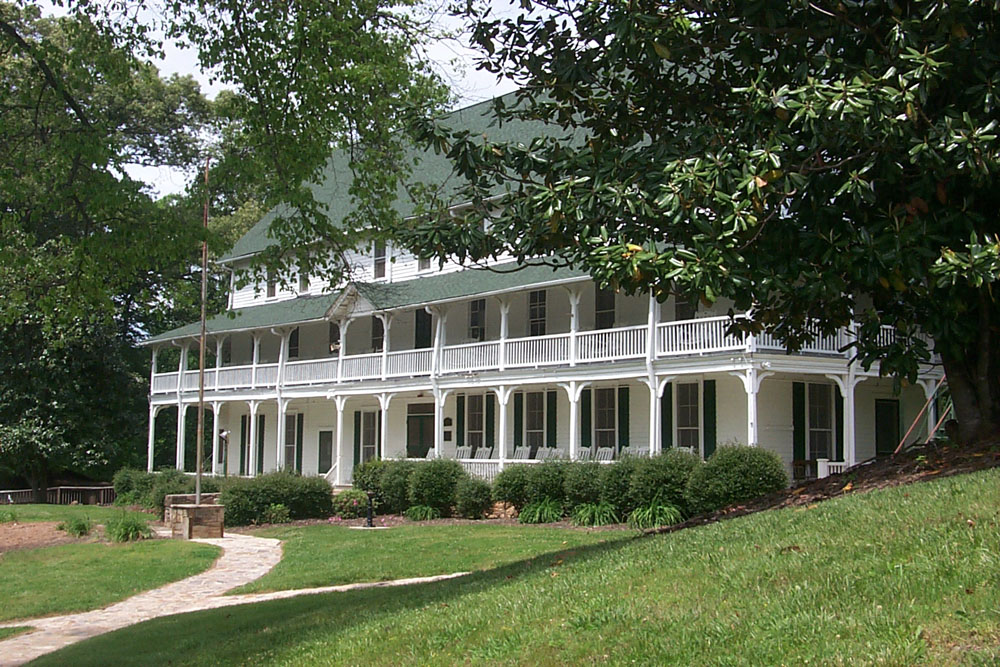New proofs of Fugue in Ursa Major arrived today. This is the second proof set. Revisions after the first proof set were substantial, adding a couple of months to the production schedule.
However, I think the revisions have made it a much better book. Three chapters were completely rewritten. There are character and plot refinements throughout. To quicken the pace in the second half of the book, the revised version is almost 50 pages shorter. Still, at 300 pages and 94,000 words, it’s not exactly a short novel.
Ken Ilgunas gave me such good feedback on the first proofs that I asked the other first readers to stop reading and wait for the next revision. An author’s first readers are absolutely critical to the creative process. It requires experienced readers who can be good judges of the kind of story the author wants to tell. They mustn’t mince words when giving feedback. It can be like a kick in the stomach.
Fugue in Ursa Major is a pretty smart book, if I do say so myself, so smart first readers were a requirement. Though a lot of things happen in Fugue in Ursa Major, it’s not really intended to be action-packed science fiction. The book has strong contemplative, historical, and speculative elements that emerge during conversations between the two main characters, Jake and Phaedrus. Hopefully, Fugue in Ursa Major will be a brisk ride. But the heart of the book is in the lives of the characters. If Fugue in Ursa Major attracts enough readership, there will be a sequel. At the end of Book One, Jake and Phaedrus are just getting started with the world-changing task that has landed in their laps.
If all goes according to plan, the book should go on sale in March. There will be a trade paperback version, a Kindle version, and an Apple iBook (ePub) version.

